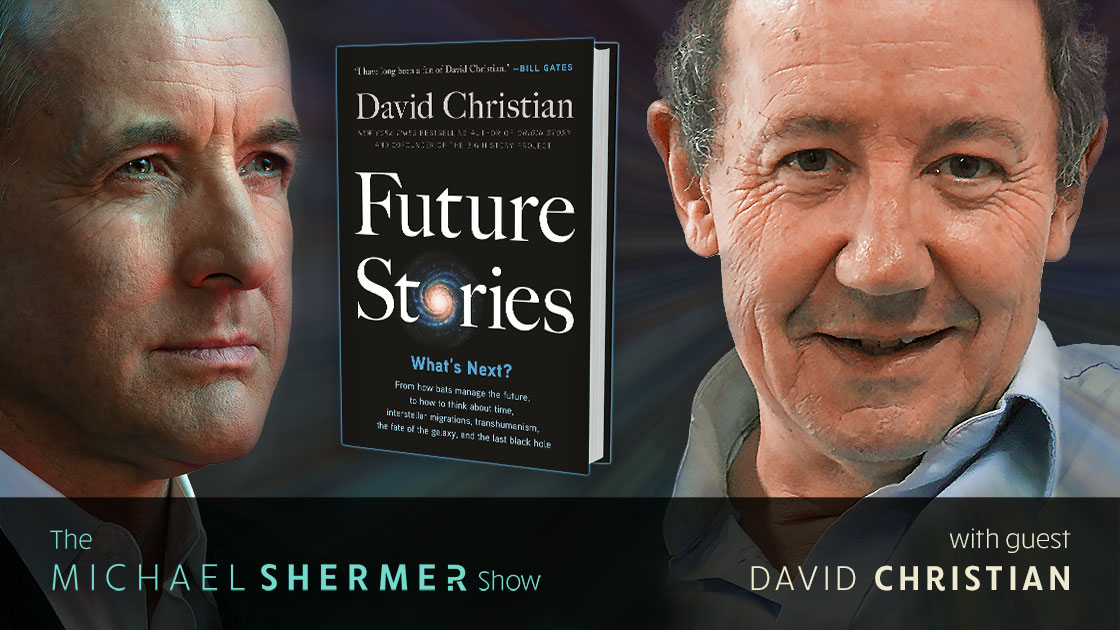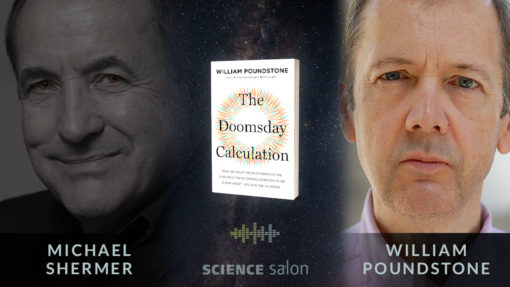prediction

Who are the “magicians of the gods,” in Graham Hancock’s alternative history series Ancient Apocalype on Netflix, and where did they come from? Professor of geology, Marc Defant, applies critical thinking to Hancock’s historical and literary research to identify the erroneous conclusions in both his series and in his many books, which have been highly influential in presenting Hancock’s alternative theory of history to those less prepared to evaluate the evidence (or lack thereof).

The philosophical problem of free will and determinism—how can humans have any sort of volition in a world determined by the laws of nature?—has troubled thinkers since the time of the ancient Greeks, and here in the 21st century there is still no consensus among thinkers on a solution to the problem. Can science help? Is there some way to test determinism? There is, says Gary Whittenberger, in this evocative article in response to a debate in the pages of…

The future is uncertain, a bit spooky, possibly dangerous, maybe wonderful. We cope with this never-ending uncertainty by telling stories about the future: future stories. How do we construct those stories? Where is the future, the place where we set those stories? Can we trust our future stories? And what sort of futures do they show us? David Christian is renowned for pioneering the emerging discipline of Big History, which surveys the whole of the past. In this conversation, he…
Dr. Michael Shermer considers the pitfalls of projecting the consequences of the pandemic for our future (the availability heuristic, the negativity bias, the difficulties of superforecasting, and the contingent nature of history). PLUS: In Science Salon # 131, Michael Shermer speaks with Stuart Ritchie his book Science Fictions: How Fraud, Bias, Negligence, and Hype Undermine the Search for Truth.

When will the world end? How likely is it that intelligent extraterrestrial life exists? Are we living in a simulation like the Matrix? Is our universe but one in a multiverse? How does Warren Buffett continue to beat the stock market? How much longer will your romance last? In this wide ranging conversation with Michael Shermer, science writer William Poundstone answers these questions, and more.
When will the world end? How likely is it that intelligent extraterrestrial life exists? Are we living in a simulation like the Matrix? Is our universe but one in a multiverse? How does Warren Buffett continue to beat the stock market? How much longer will your romance last? In Science Salon # 76 — a wide ranging conversation with Michael Shermer — science writer William Poundstone answers these questions and more. PLUS Gabriel Andrade examines the incest taboo and asks:…
In this week’s eSkeptic, we present Australian skeptic Geoffrey Dean’s critical analysis of Alexander Panchin’s article The Saturn-Mars Effect (from Skeptic magazine volume 16, number 1) which offered an explanation for the Mars Effect as a statistical artifact. Following Dean’s critique, Panchin responds.
In this week’s eSkeptic, William D. Stansfield asks whether groundhogs and swallows are really able to predict the arrival of spring as accurately as reported in the popular press. Stansfield is Emeritus Professor in the Biological Sciences Department at the California Polytechnic State University.












